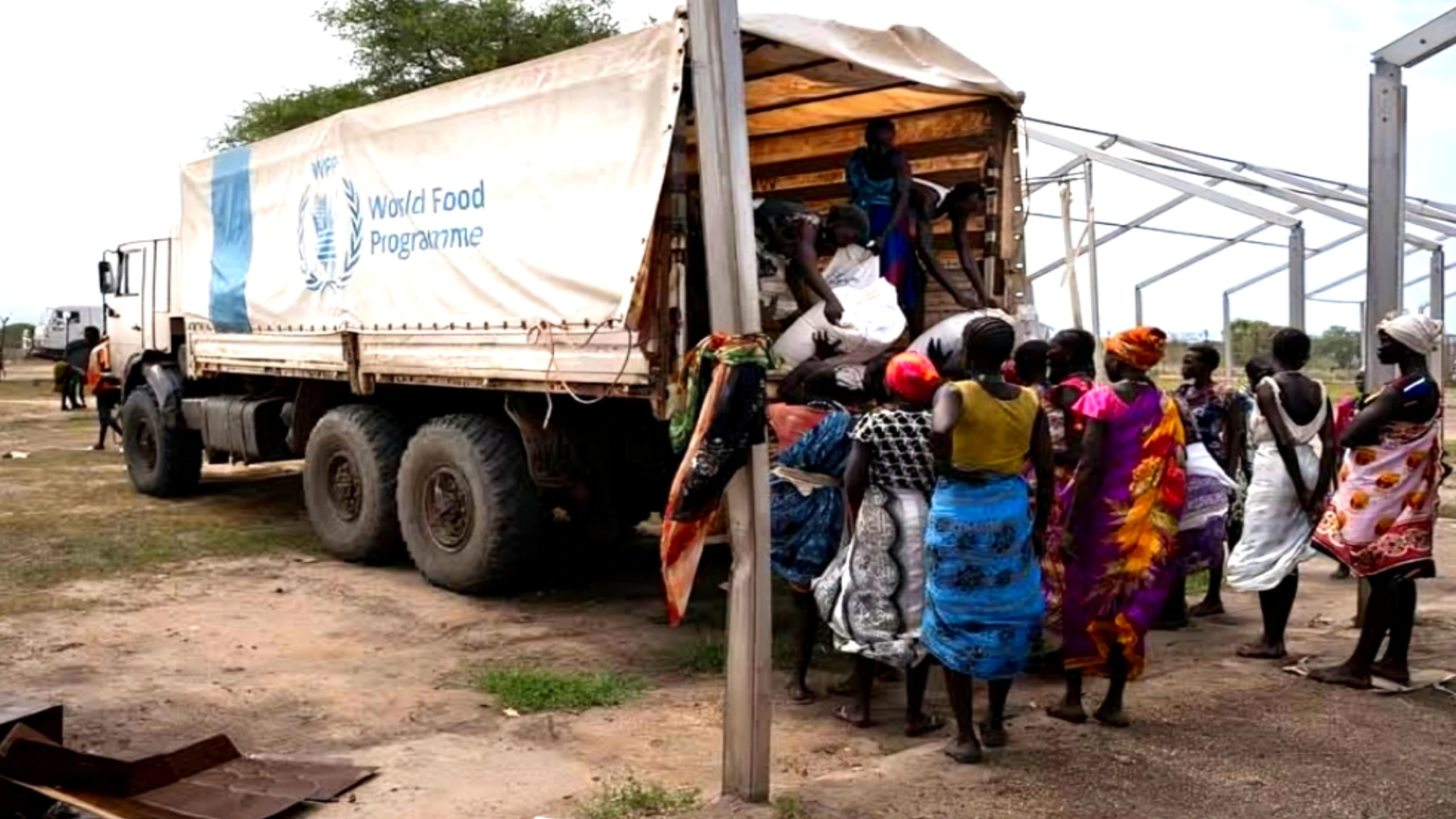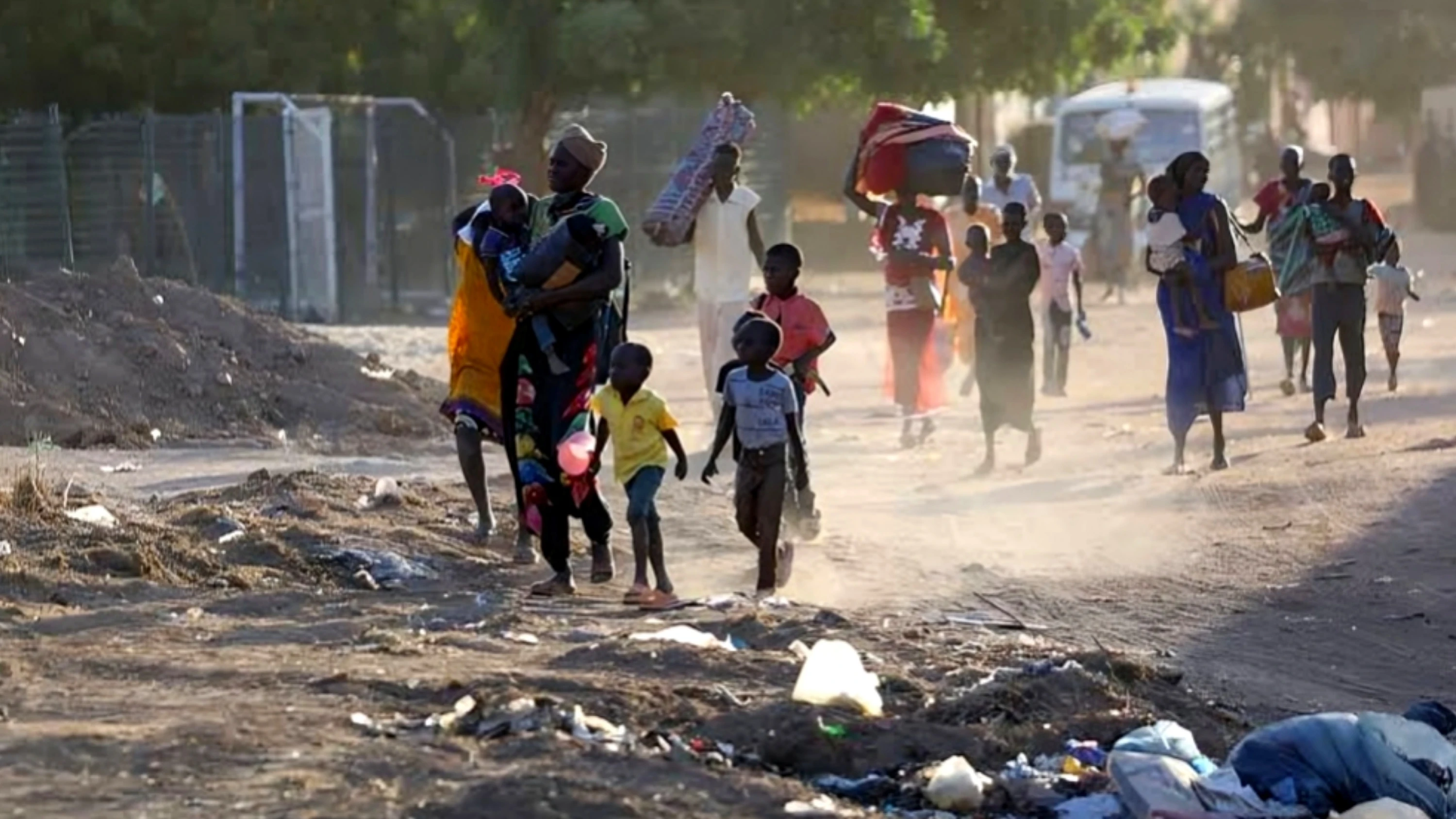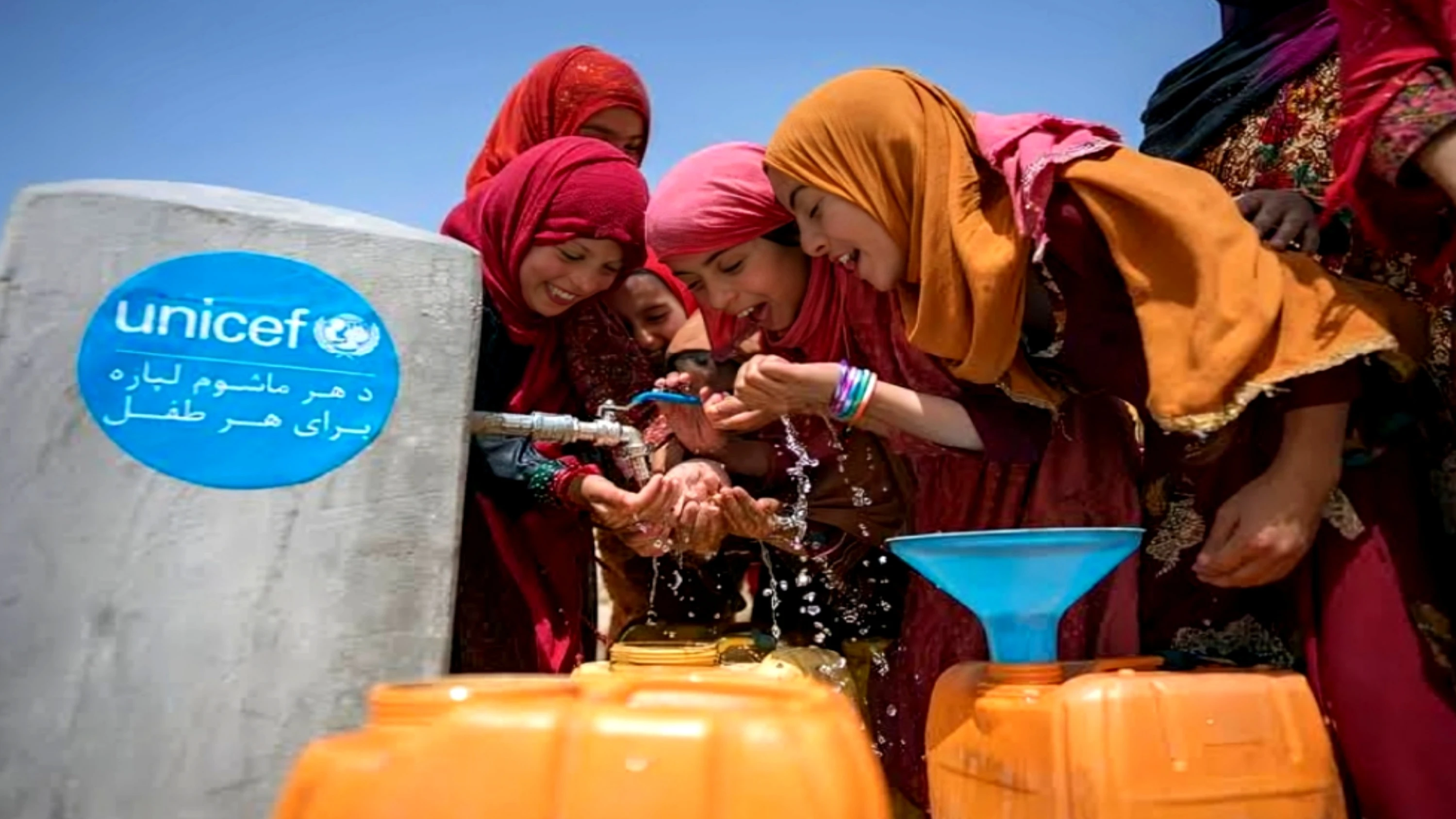Kabul: A new report by the UN Office for the Coordination of Humanitarian Affairs (OCHA) paints a grim picture of Afghanistan’s worsening humanitarian situation following the suspension of foreign aid, particularly from the United States.
The cuts have triggered the closure of 188 health centers and the loss of jobs for 1,700 female healthcare workers as of the end of February, leaving around 1.6 million people without critical medical services.
In addition to these closures, OCHA reported that 30 health-focused NGOs have significantly scaled back their operations. The report further reveals that six mine action specialists and 29 third-party contractors were dismissed, undermining essential services such as planning, quality control, and data management for mine-clearing operations.
OCHA also flagged the threat to $3.4 million worth of multi-purpose cash assistance, which was intended to support over 7,000 vulnerable households. Assistance for recently returned refugees and other at-risk populations is also in jeopardy.
The initial findings from OCHA’s ongoing assessments indicate a broader decline in humanitarian activity across Afghanistan. Around 68% of humanitarian organizations have been forced to scale back their objectives, 45% have reduced the areas they serve, and 42% have cut staff.
OCHA has warned that, without renewed US funding, humanitarian assistance could reach even fewer Afghans in 2025.
In response to the unfolding situation, the Ministry of Economy reiterated its call for international donors to avoid politicizing humanitarian aid. Ministry spokesperson Abdul Rahman Habib appealed for ongoing support, not just in emergency assistance but also in long-term development efforts. “We ask donor agencies to help Afghans create jobs and reduce poverty. Development projects are key to enabling our people to move away from dependency and toward self-sufficiency,” he said.
Historically, US aid to Afghanistan was managed through USAID. However, during the Trump administration, nearly 80% of its operations were shut down, a shift that continues to reverberate across Afghanistan’s aid landscape.








